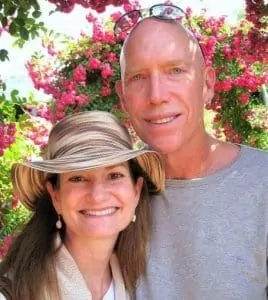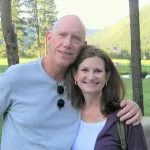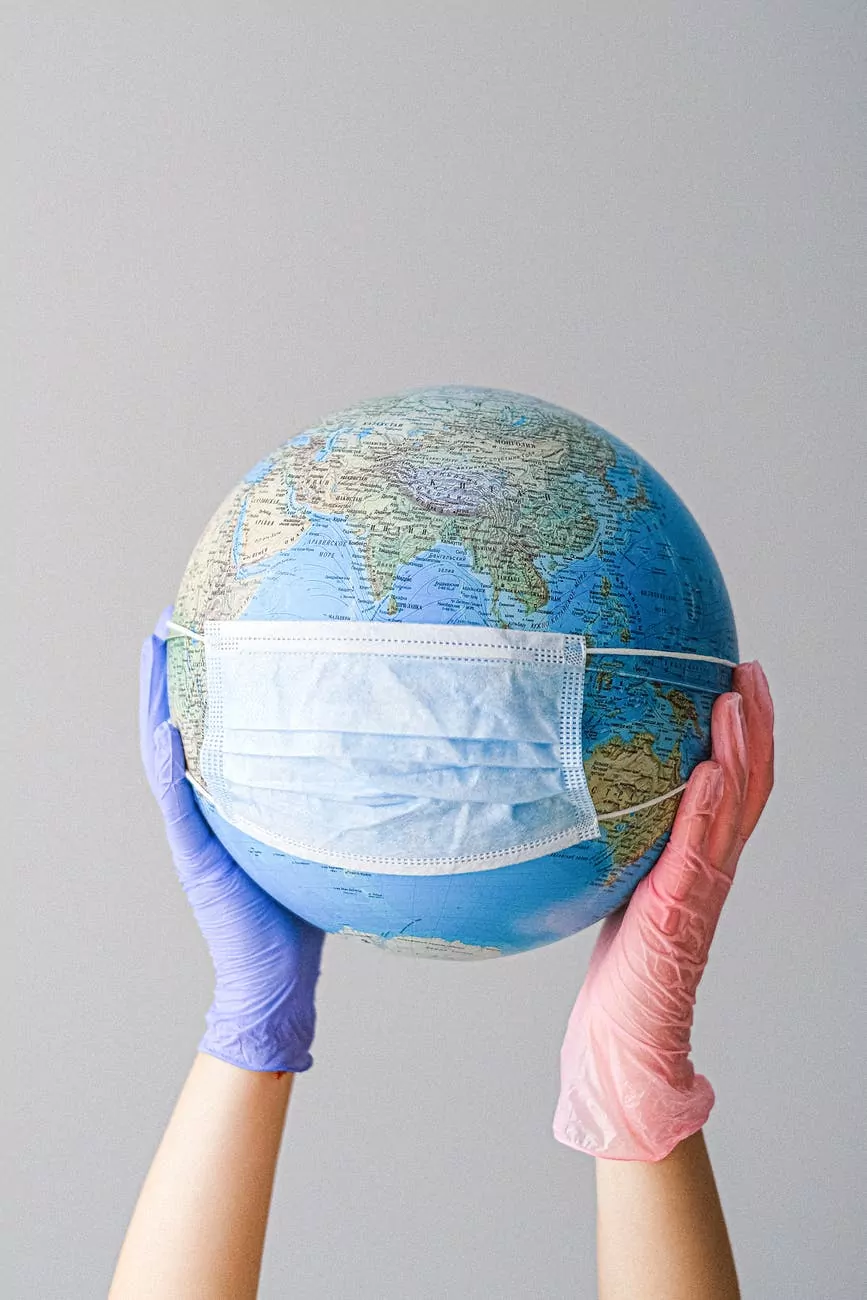Covid19 in a foreign country (In our case, Ecuador)
Last year we wrote a fun and informative series for 50Plus-Today readers called “Taking the ‘Foreign’ Out of Retiring in a Foreign Country.” The final installment focused on daily life in Cuenca, Ecuador, our home for the past 10 years.
The events of 2020 turned everyone’s world upside down, and ours is no exception. We want to share with you how Ecuador addressed COVID-19 and how we cope with the pandemic while living abroad.
Ecuador’s initial response to Covid19
No country can adequately prepare for a sudden global epidemic, and responses by national leaders ran the gamut from swift action to complacency. To his credit, Ecuador president Lenin Moreno was the first in Latin America to close borders and order a complete lockdown of the country.
Perhaps you heard on the news about the unfortunate events that followed. The country’s coronavirus infections spread quickly in Guayaquil, a large port city with many poor neighborhoods. The reason? The residents of Guayaquil initially ignored social distancing rules.
The number of cases overwhelmed their hospital system, and after the lockdown decision, government officials responded slowly with directives on how local authorities should proceed.
Pandemic or not, people die every day in a city with a population of three million, and traditionally, the sick and elderly in Latin America pass in their homes. With most funeral homes closed to comply with lockdown restrictions, places to prepare bodies for burial are few and far between. Obviously, a strategic planning error.
The media erroneously reported about the “hundreds” of corpses piled up in the streets. Fake news? Yes and no. Without a doubt there were some, and it is unfortunate there was even one. But sadly, those exaggerated and sensationalistic stories will haunt Ecuador for years to come.
What came next
Only banks, pharmacies, and grocery stores stayed open in the early weeks. Other than to visit these establishments, the lockdown rules did not allow anyone outside. People over 60, like us, were asked not to leave their homes at all. Without family to shop for us, we ignored that particular rule.
Masks and gloves became mandatory. Before entering an open business, you stepped in a tray of liquid to sanitize the bottom of your shoes; we never quite figured that one out. An employee then took your temperature and sometimes sprayed you with some type of liquid. Finally, they squirted sanitizer into your gloved hands.
This stressful process exhausted us before we even started to shop! Oh, another rule for couples was only one person could go inside. We broke that one too.
Ecuador today
The national government developed a red/yellow/green system to reopen the country, and for the most part, left the decision on how to implement it to local officials. Cuenca is currently in the yellow phase, which means we’re officially kind of open.
Cuenca limits public gatherings to 25 or less, so no church services. Bars, nightclubs, and gyms remain closed. The rest, those venues that managed to stay in business, are open, but require masks and shoe trays (always), spraying (sometimes) and social distance between customers.
Curfew is a constantly moving target. As of this writing, everyone must be inside from 7:00 pm – 5:00 am. And no alcohol is sold Friday through Sunday. Why these rules? Too many young people go out to drink, socialize and play volleyball or soccer in the evenings; they expose themselves to the virus, then go home and infect the rest of the family.
The country’s healthcare system still struggles to manage the large number of Covid19 cases, but is working diligently to meet the challenge. Recently, the U.S. donated 50 new state-of-the-art ventilators and over $14 million in additional support. With a median age of only 27.9, Ecuador doesn’t need an abundance of critical care supplies and equipment under normal circumstances.
It is imperative that Ecuador’s economy ramp up as quickly as possible. However, it is tricky to balance the health of the citizens vs.the long-term viability of the entire country. You see, our currency is the U.S. dollar so we cannot print our way out of this mess. No stimulus packages are forthcoming. Oil production is the major source of income in Ecuador, so we are encouraged that prices rose dramatically from the shocking low of $11.26 per barrel earlier this year.
Our life during the pandemic

Where does all of this leave us? Probably just like many of you, right here inside our living space for the past seven months.
The family trip we planned for this past spring obviously got cancelled. With international air travel partially resumed now, we are in the very early stages of figuring out a new plan to allow us to safely visit.
Oddly, since we work from home, our daily life isn’t significantly different from pre-pandemic times. Edd’s gym and Cynthia’s yoga studio quietly reopened on a limited basis (S-h-h-h! We said this economy needs to get moving!).
The grocery store shenanigans calmed down so it’s more enjoyable to shop now. We take walks along the river and occasionally go into the historic center.
Our biggest respite from the madness is our lunch outings. Once seated, we remove our masks and pretend this nightmare isn’t happening…until the masked waitress shows up to take our order. Doesn’t it seem like we’re all extras in a sci-fi movie? Except it’s all so real.
Most heartwarming in all of this chaos is the remarkable spirit of the Ecuadorian people. Make no mistake, they hurt financially. Big time. But everyone we encounter remains kind, friendly and downright cheerful. We admire their resilience and resourcefulness in the face of hardship.
Meanwhile, we witness the current situation in the States with its toxic political environment, riots, and tension. From afar it feels like the exact opposite of what we see here. And we think,
“You know what? All things considered, right now Ecuador is a pretty great place to be!”
About the authors

Edd and Cynthia Staton are America’s best known experts on moving abroad and expat life. They have appeared on network television, written hundreds of articles for national and international publications, and are regularly featured in major media outlets including ABC News, CBS News, CNBC, Forbes, and USA Today. They are authors of three Amazon best-selling books. Their trilogy, Mission: Rescue Your Retirement, hit #1 in 10 categories as diverse as personal finance, retirement planning, self-help, travel, and comedy! They have created Retirement Reimagined!, a revolutionary Master Course providing comprehensive, step-by-step guidance to successfully retire in another country.
Visit them at www.eddandcynthia.com.










